A government advisor reveals the roadmap for transitioning from a rentier economy.
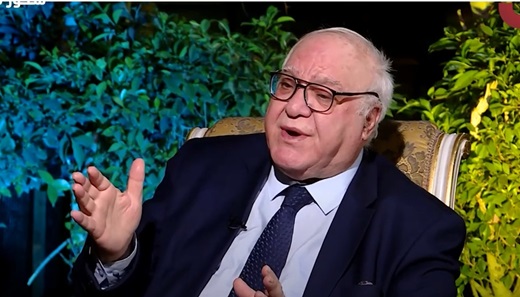 The Prime Minister’s financial advisor, Mazhar Muhammad Saleh, affirmed that the shift away from oil is not merely an option, but an existential and strategic necessity to ensure financial and social stability, especially in light of global energy price fluctuations. He explained that relying on a single resource makes the economy vulnerable to external shocks, which requires genuine diversification, not just a passing reformist approach.
The Prime Minister’s financial advisor, Mazhar Muhammad Saleh, affirmed that the shift away from oil is not merely an option, but an existential and strategic necessity to ensure financial and social stability, especially in light of global energy price fluctuations. He explained that relying on a single resource makes the economy vulnerable to external shocks, which requires genuine diversification, not just a passing reformist approach.
Saleh told Al-Furat News Agency that “the success of this transformation requires deep structural reforms, high investments in infrastructure, and real empowerment of youth through education and technology, so that Iraq can be a diversified and sustainable economic player,” noting that the first pillars of diversification begin with reviving the agricultural sector through efficient management of the Tigris and Euphrates river resources, modernizing digital irrigation systems, and supporting food industries in a way that enhances food security and reduces imports.
He added that the manufacturing industry represents the most important entry point for adding local value to raw materials, through the development of small and medium industries in the fields of pharmaceuticals, textiles and building materials, noting that the digital economy stands out as a qualitative opportunity for Iraqi youth through supporting startups and linking education to the needs of the digital labor market to create a high-value and low-cost sector.
He added that Iraq possesses great tourism assets, religious and archaeological, which can be transformed into an important source of foreign currency, in addition to developing the transport and logistics sector through strategic projects such as the “Development Road,” which will reposition Iraq as a trade corridor linking the Gulf with Turkey and Europe. He explained that the current challenges are represented by the excessive dependence on oil, which accounts for more than 90% of revenues, weak infrastructure, and a skills gap.
Saleh stressed that success requires gradual financial and institutional reforms, similar to the banking reform currently being led by the government and the central bank, while encouraging the building of a diversified productive base over a decade that represents the “foundation decade for accelerated diversification” in accordance with the paths of Iraq’s 2050 vision, stressing that the transition to a sustainable economy is the only way to ensure true economic sovereignty and fair opportunities for future generations.
Alforatnews.iq

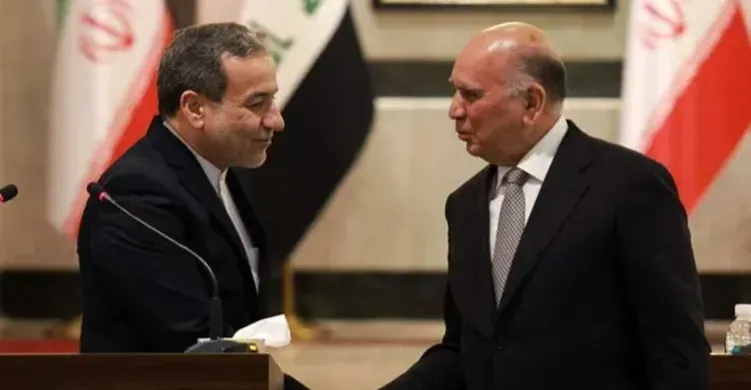 The Iraqi Foreign Ministry announced on Friday that Minister Fuad Hussein discussed with his Iranian counterpart Abbas Araqchi the latest developments in the negotiations with the American delegation that took place in Geneva on Thursday.
The Iraqi Foreign Ministry announced on Friday that Minister Fuad Hussein discussed with his Iranian counterpart Abbas Araqchi the latest developments in the negotiations with the American delegation that took place in Geneva on Thursday. On Friday, Abdul Sattar Fawaz Al-Dulaimi, a leader in the Azm Alliance, revealed that the United Nations had informed Kuwait, in an unannounced manner, of its recognition of the validity of the Iraqi maritime maps deposited with it, confirming that they are sound and documented with official evidence that leaves no room for doubt.
On Friday, Abdul Sattar Fawaz Al-Dulaimi, a leader in the Azm Alliance, revealed that the United Nations had informed Kuwait, in an unannounced manner, of its recognition of the validity of the Iraqi maritime maps deposited with it, confirming that they are sound and documented with official evidence that leaves no room for doubt. An official source in Anbar province revealed on Friday that new smuggling operations of improved gasoline were recorded from the western cities of the province towards the northern provinces, with the support and coordination of the son of a prominent government official and a leader in the Progress Party headed by Mohammed al-Halbousi.
An official source in Anbar province revealed on Friday that new smuggling operations of improved gasoline were recorded from the western cities of the province towards the northern provinces, with the support and coordination of the son of a prominent government official and a leader in the Progress Party headed by Mohammed al-Halbousi.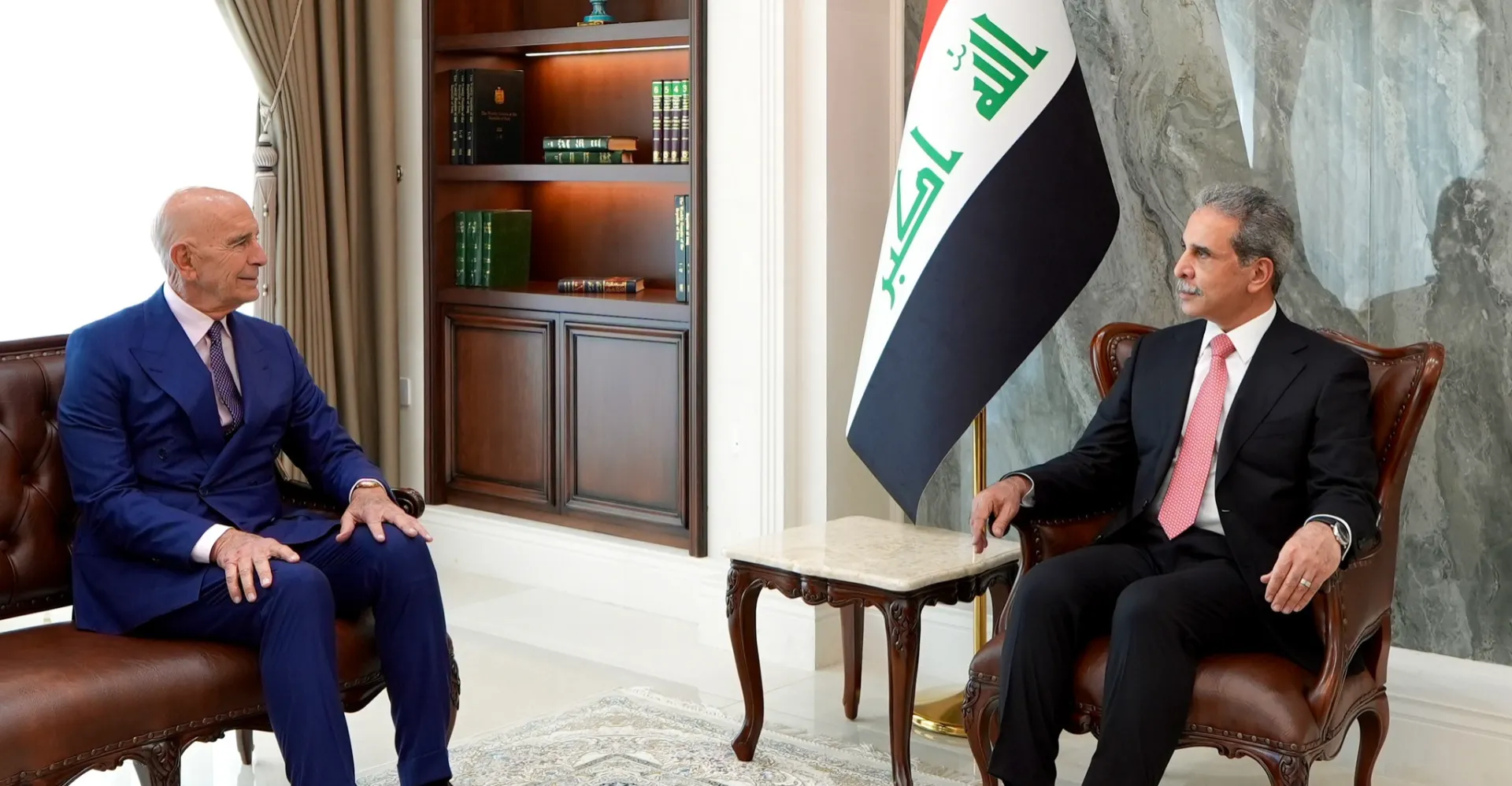 The head of the Supreme Judicial Council, Judge Faiq Zaidan, discussed with US Special Envoy Tom Barrack on Friday the role of the judiciary in supporting efforts to complete the remaining constitutional requirements during the next phase.
The head of the Supreme Judicial Council, Judge Faiq Zaidan, discussed with US Special Envoy Tom Barrack on Friday the role of the judiciary in supporting efforts to complete the remaining constitutional requirements during the next phase.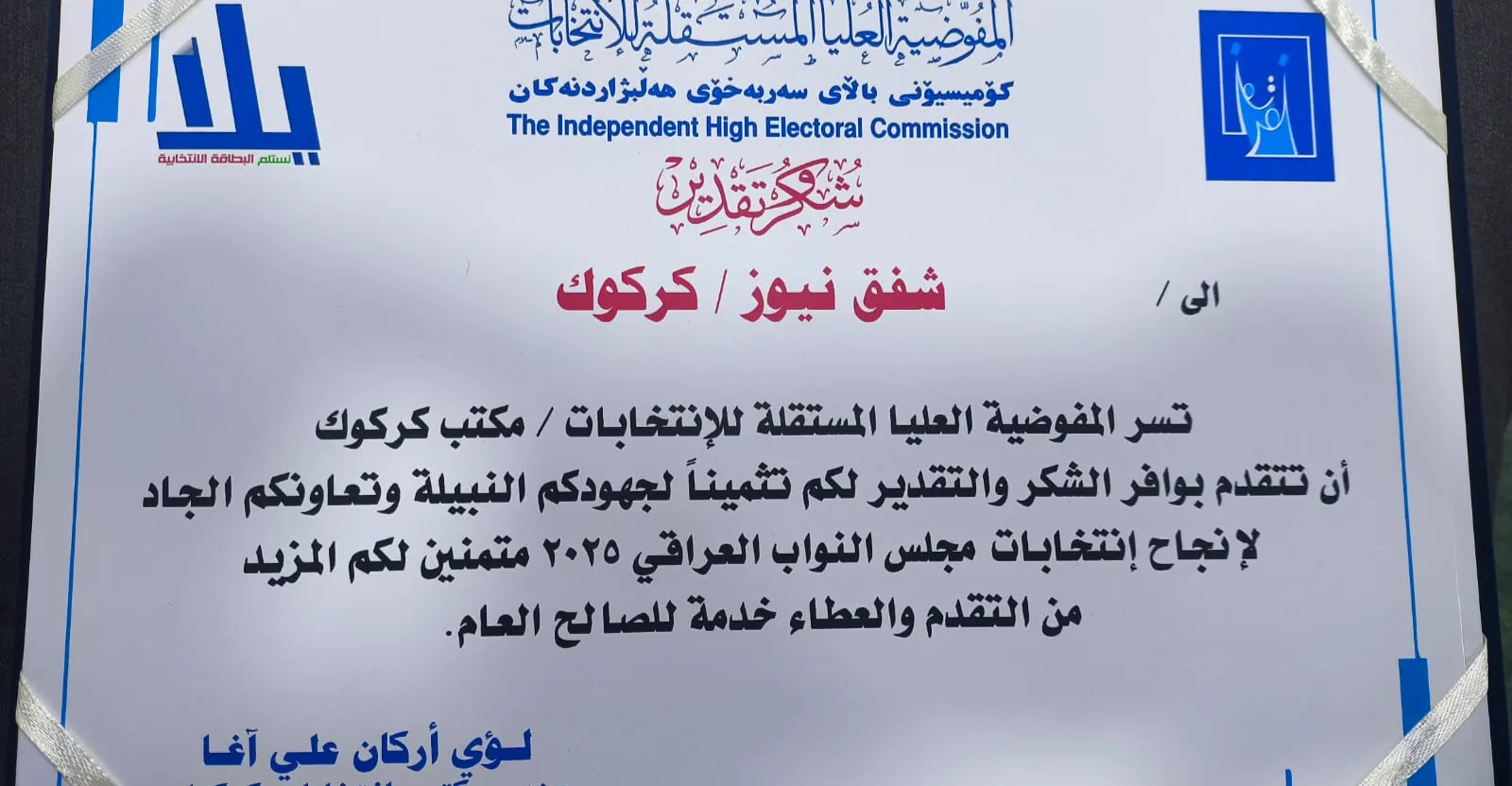 The Independent High Electoral Commission in Kirkuk praised on Wednesday the press coverage provided by Shafaq News Agency during the parliamentary elections held in November 2025, stressing that the agency played a “leading role” in this field.
The Independent High Electoral Commission in Kirkuk praised on Wednesday the press coverage provided by Shafaq News Agency during the parliamentary elections held in November 2025, stressing that the agency played a “leading role” in this field.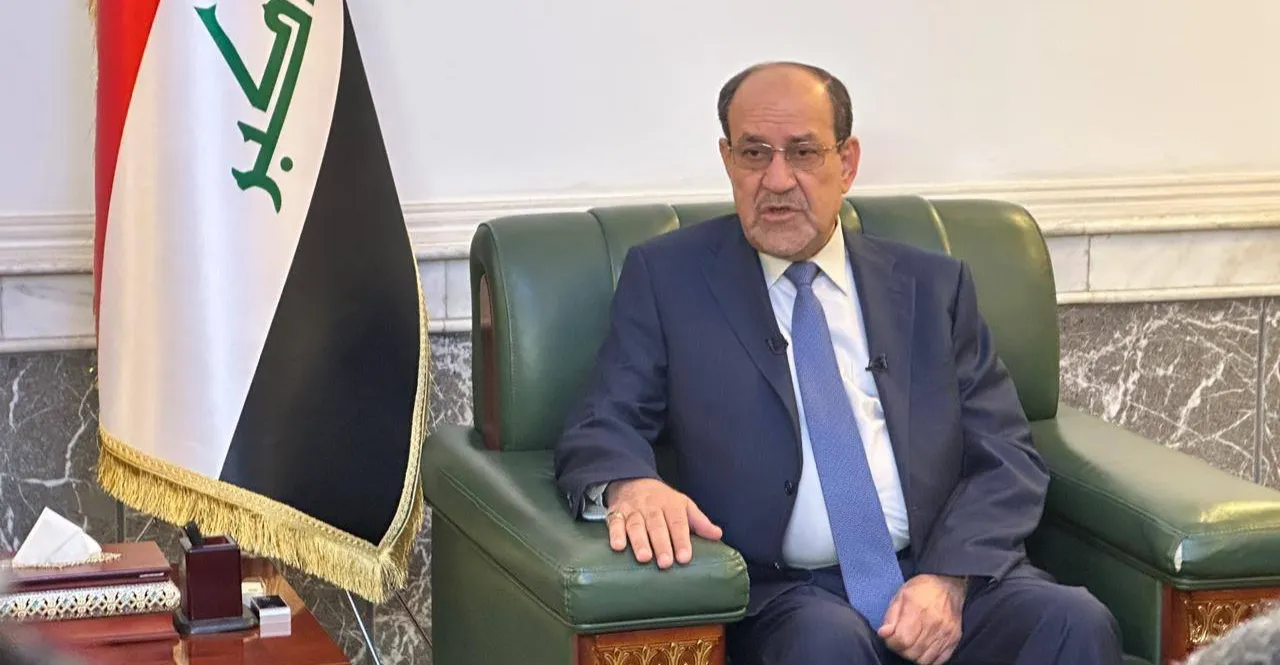
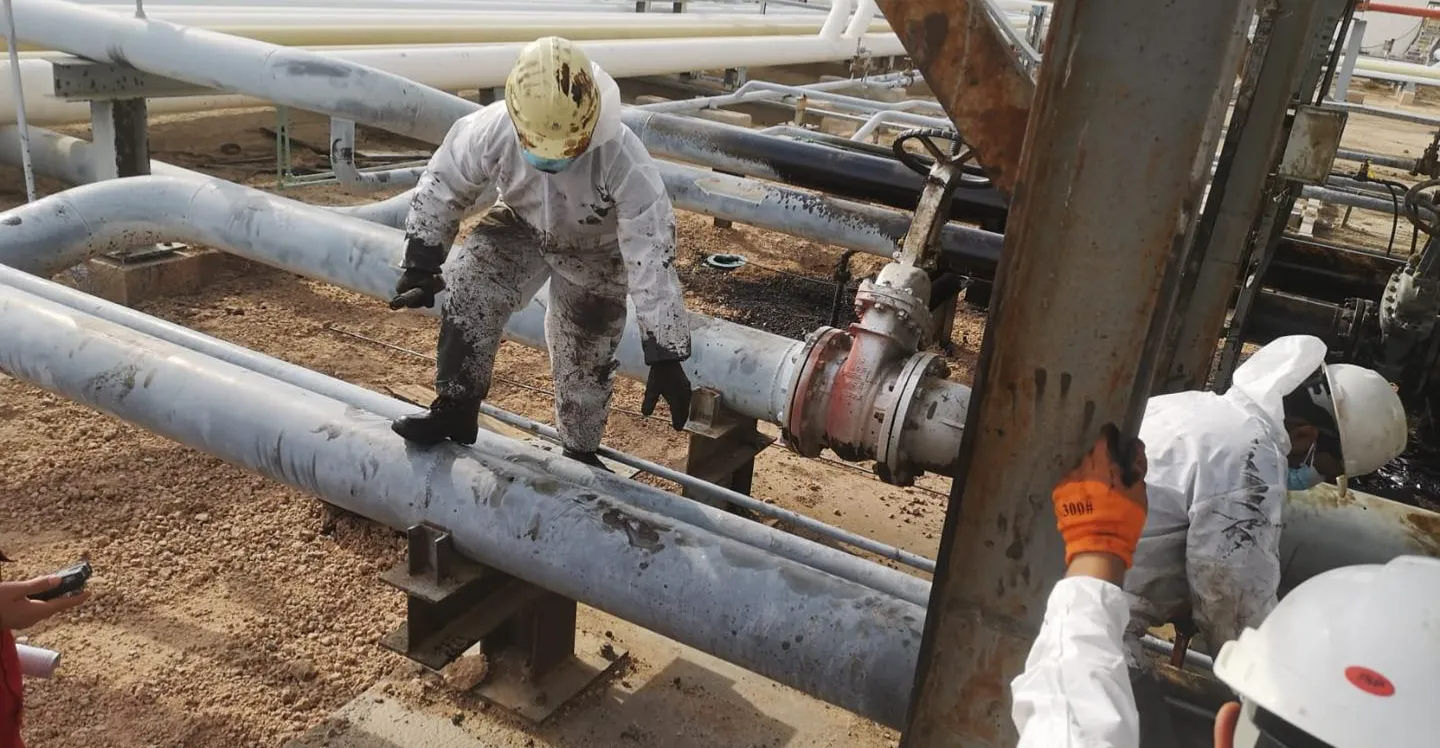 The Ministry of Oil announced on Wednesday the total oil exports and revenues achieved for the month of January, according to the final statistics issued by the Iraqi Oil Marketing Company “SOMO”.
The Ministry of Oil announced on Wednesday the total oil exports and revenues achieved for the month of January, according to the final statistics issued by the Iraqi Oil Marketing Company “SOMO”.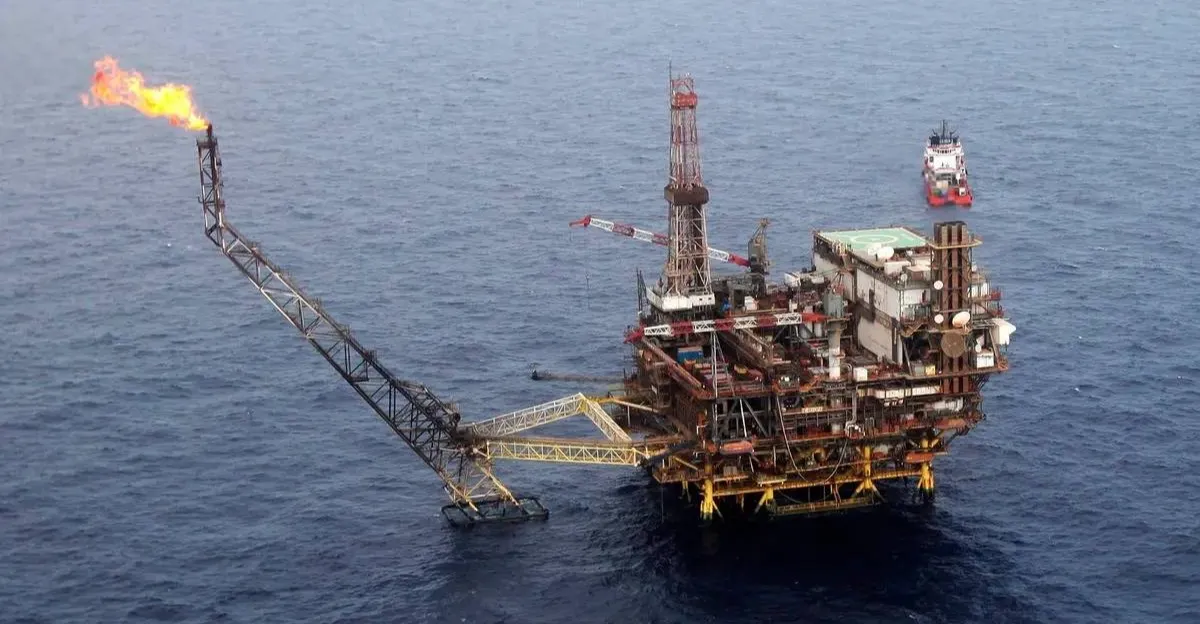 Iraqi parliament member Alia Nassif confirmed on Wednesday that there are a number of oil fields, in addition to the “Dhurra” gas field, that contain large reserves and are located deep in the sea, and Iraq has not benefited from them previously due to border disputes with the Kuwaiti side.
Iraqi parliament member Alia Nassif confirmed on Wednesday that there are a number of oil fields, in addition to the “Dhurra” gas field, that contain large reserves and are located deep in the sea, and Iraq has not benefited from them previously due to border disputes with the Kuwaiti side.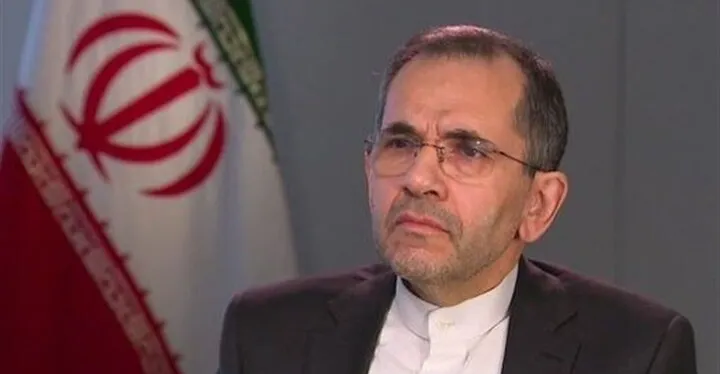 Iran’s Foreign Ministry announced on Tuesday that Tehran is ready to take any necessary step to reach an agreement with the United States, considering any American strike on Iran to be a “real gamble.”
Iran’s Foreign Ministry announced on Tuesday that Tehran is ready to take any necessary step to reach an agreement with the United States, considering any American strike on Iran to be a “real gamble.”